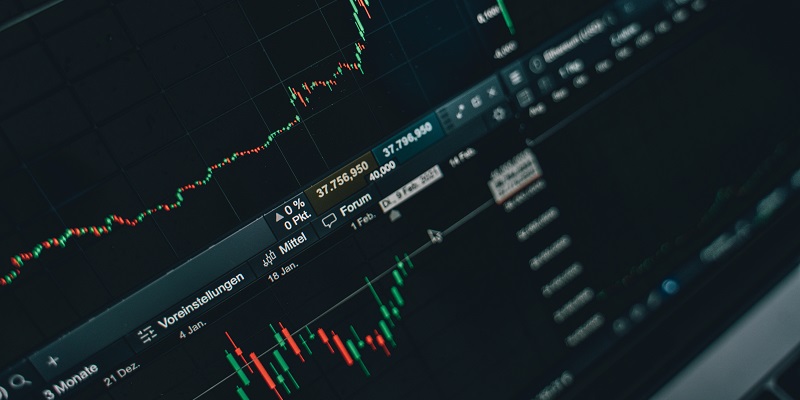Crypto exchanges that connect buyers and sellers directly, without Wall Street-style middlemen, are facing pressure to enhance their services as their market share continues to decline. These decentralized platforms, which utilize algorithmic, blockchain-based software known as smart contracts, aim to empower users by enabling them to retain custody of their tokens, eliminating the need for intermediary institutions.
Explanation of Decentralized Platforms
Decentralized platforms have disrupted traditional finance by offering direct connections between buyers and sellers. Unlike centralized exchanges, users on these platforms have control over their assets, eliminating the risk of third-party custodial breaches. The transparency and security provided by blockchain technology have been major drivers for the growing popularity of decentralized crypto exchanges.
Decline in Market Share
Data from Kaiko reveals a significant decline in monthly spot trading volumes on decentralized exchanges. From January 2022 to June 2022, volumes plummeted by 76% to $21 billion. Centralized exchanges experienced a 69% drop, reaching $429 billion during the same period. As a result, the market share of peer-to-peer digital asset platforms has dipped from its peak of 7% in March 2023 to 5% currently.
Appeal of Decentralized Platforms
Decentralized platforms have garnered a strong following among crypto enthusiasts who reject the traditional intermediary model. They appreciate the self-sovereignty that their platform of choice offers, allowing users to maintain full control over their tokens and eliminating the need for trust in centralized intermediaries.
Difficulties Faced by Institutional Investors
While decentralized exchanges attract individual traders, institutional investors often struggle to engage with these platforms. Regulatory barriers and compliance requirements limit their participation in peer-to-peer exchanges. This hurdle hampers the potential growth of decentralized exchanges, as institutional players have the ability to inject substantial liquidity into the digital asset ecosystem.
Efforts to Improve Decentralized Exchanges
In response to the challenges faced by decentralized exchanges, Uniswap, the largest decentralized trading venue, has introduced a new protocol. This protocol aims to enhance prices for clients by aggregating liquidity from various digital asset sources, creating a more efficient trading experience.
Compliance Challenges
The unregulated nature of decentralized exchanges presents compliance difficulties for institutional investors. A recent survey conducted by PwC on crypto hedge funds reported that unregulated decentralized exchanges pose challenges in terms of compliance and risk management. These concerns hinder institutional adoption, highlighting the need for regulatory clarity in the decentralized exchange space.
Steady Increase in Monthly Active Users
Although decentralized exchanges have experienced a decline in trading volumes, the number of monthly active users has consistently grown since 2020. In fact, throughout this year, the user base has exceeded 1 million. This signals a continued interest in decentralized platforms and suggests that attracting trading volume remains a key challenge. The entry of traditional players from the world of finance into the digital-asset ecosystem is expected to bring increased liquidity. As major institutions embrace cryptocurrencies and blockchain technology, their involvement in decentralized exchanges has the potential to inject more liquidity into these platforms. This could help alleviate the decline in market share and support the growth of decentralized crypto exchanges.
Decentralized crypto exchanges, while still struggling to maintain market share, offer unique advantages that resonate with crypto enthusiasts. However, regulatory challenges, compliance hurdles, and limitations on institutional engagement pose significant barriers to their growth. Efforts to improve decentralized exchanges, such as Uniswap’s new protocol, are underway to enhance liquidity and pricing. As the industry evolves and traditional players enter the ecosystem, the potential for increased liquidity and wider adoption of decentralized platforms becomes more promising. Nonetheless, finding a balance between regulatory oversight and the ethos of decentralization remains crucial for the sustainable growth of these exchanges.

